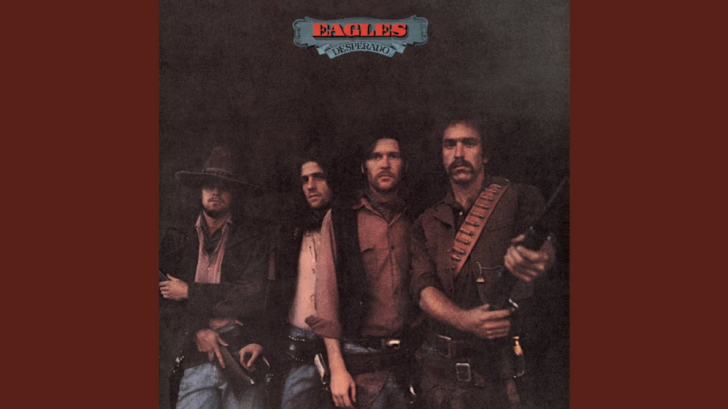The Eagles debuted in 1972, rescuing the southern sound, mixing it with an exquisite guitar touch and a touch of soft rock, as well as touches of country and western. Eagles’ first album was “Take It Easy”, whose first single bore the same name. Below are the Overlooked Songs From Each Eagles Album:
Train Leaves Here This Morning
Train Leaves Here This Morning ultimately became something of trademark importance for Bernie Leadon, revisiting a tune he co-wrote with Byrds co-founder Gene Clark for 1968’s excellent but commercially mediocre Fantastic Expedition of Dillard & Clark.
Bitter Creek
Bitter Creek starts exactly as you’d anticipate from the Eagles’ robust traditionalist: possessed country-rock – perhaps too possessed.
Is It True
Randy Meisner’s maturity as a composer is one of the Eagles’ interesting petty storylines. ‘Is It True’ happened to be the earliest sign that he could further develop from behind the great shadows of Glenn Frey and Don Henley.
Too Many Hands
Meisner co-wrote this clever twist on an old spiritual metaphor with Don Felder, who had just join the Eagles as an official member. Upon Felder’s arrival, “Too Many Hands” also considers one of the last longspun walks away from the rustic country-rock music that had dominated the group’s earlier records.
Try and Love Again
Some times, this Randy Meisner hit tastes like the best song on the Eagles’ most famous album, Hotel California.
The Sad Cafe
The Sad Cafe produces a template for Don Henley’s succeeding solo career, as he attempts to provide a darkly deep examination of love wasted.
Seven Bridges Road
The group’s impressive melodies on “Seven Bridges Road” disguised what was actually going on in the background.
Learn to Be Still
Released as a single, Don Henley’s touching ballad about focusing on yourself.
https://youtu.be/PnYzaIM3AOQ
Last Good Time in Town
Joe Walsh only credited co-written song, as he provided the verses while longtime Eagles contributor J.D. Souther produced the chorus.

